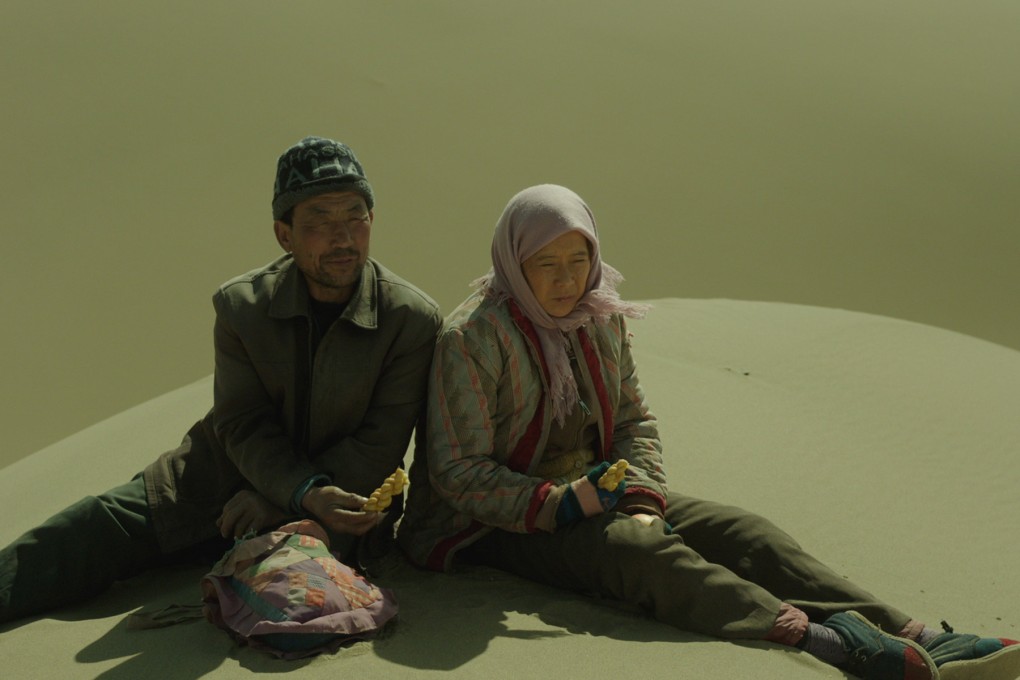Advertisement
Chinese film Return to Dust disappears from cinemas and the internet, despite US$14 million ticket sales, and no one knows why
- No reason has been given for the disappearance of Return to Dust from cinemas and the internet. ‘Return to Dust is returning to dust,’ internet users quip
- The film, which depicts the hardships of life in rural China, premiered to critical acclaim at the 2022 Berlin International Film Festival in February
Reading Time:3 minutes
Why you can trust SCMP
14

This article contains spoilers.
A film depicting the lives of impoverished peasants in China has disappeared from the country’s cinemas and internet, despite earning more than 100 million yuan (US$14 million) at the box office.
Return to Dust, directed by Chinese filmmaker Li Ruijun, was withdrawn from cinemas on September 26 and dropped from all streaming platforms in the country with little fanfare. Discussion about the film has not been prohibited on social media, however.
Advertisement
The film examines the impact of the country’s economic growth and rapid urbanisation through the lives of a downtrodden couple in a rural village in Gansu province in the northwest.
Ma Youtie (played by Wu Renlin), a poor middle-aged man, is introduced to Cao Guiying (Hai Qing). She is excluded by their community because of her disabilities. Despite the hardships they have endured, romance grows between the two.
Advertisement
Advertisement
Select Voice
Choose your listening speed
Get through articles 2x faster
1.25x
250 WPM
Slow
Average
Fast
1.25x